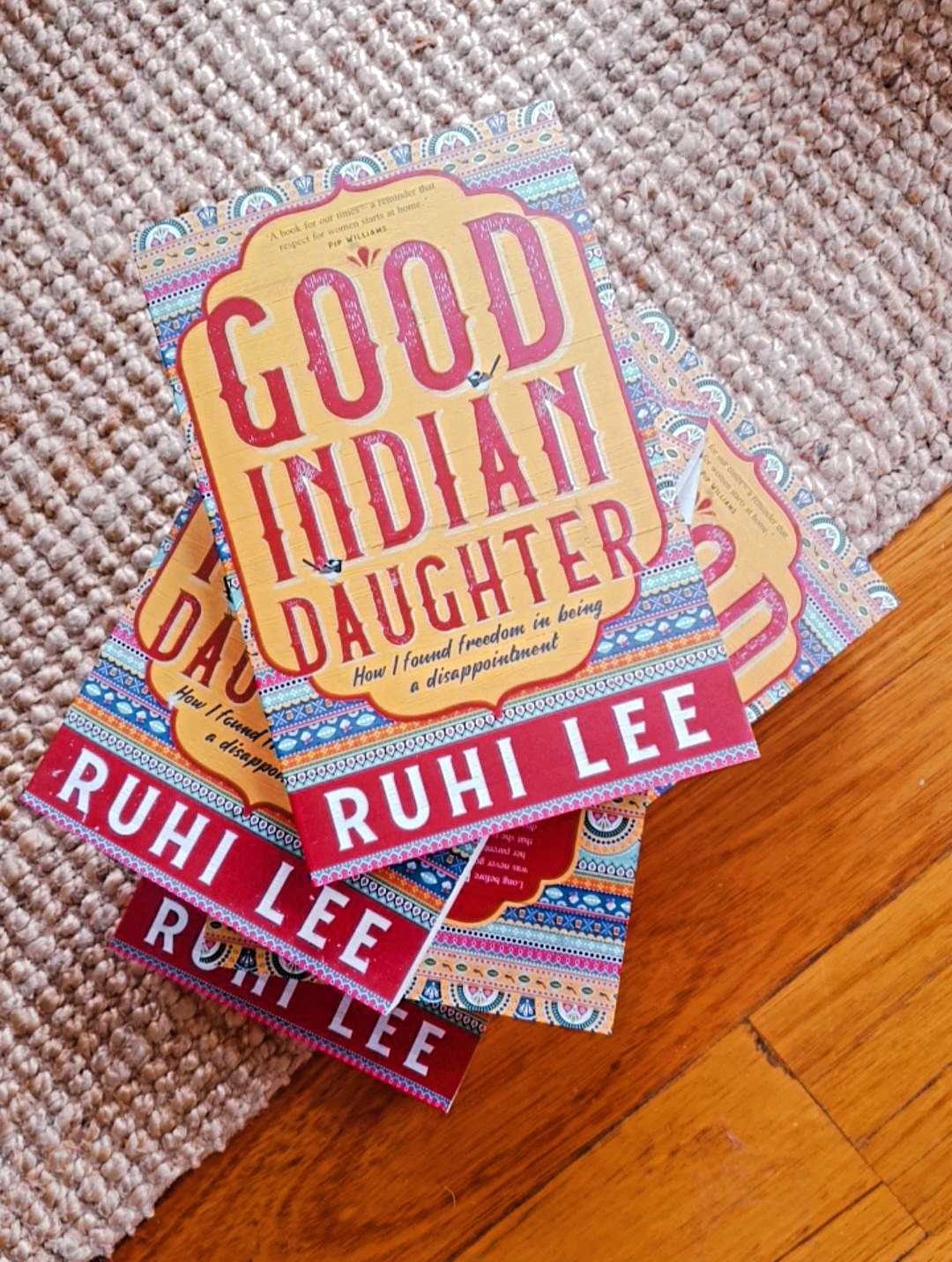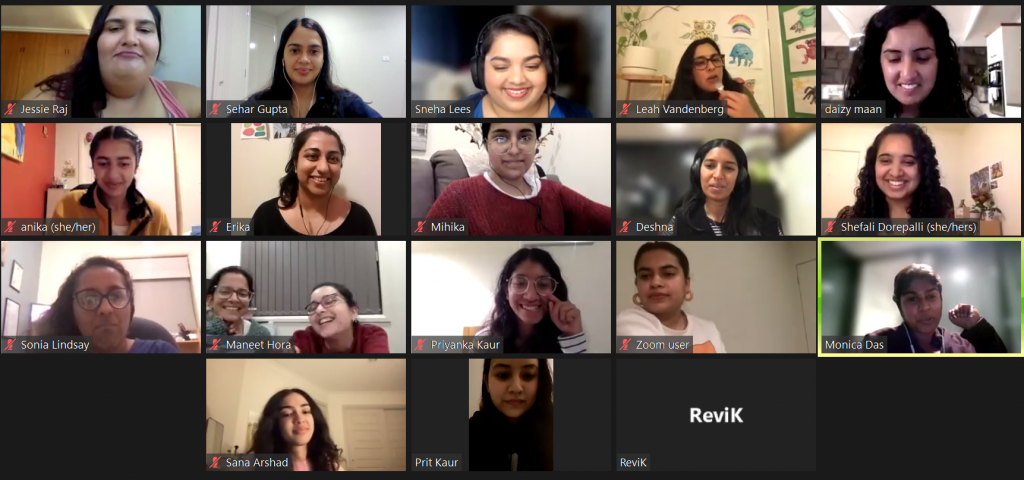Talking Good Daughters, Parenting and Healing with Sneha Lees’ Good Indian Daughter: Book Review & Book Club Discussion
The Australian South Asian Centre (ASAC) Book Club read Good Indian Daughter by Sneha Lees (published under pseudonym Ruhi Lee) for September and it immediately struck a chord with our members.
We started our book club in the hopes of discovering emerging and established South Asian female authors, uplifting their work to new readers, while at the same time validating and recognising our own experiences.
Book Review by Maneet Hora
Good Indian Daughter stirred up emotions of joy, frustration and healing. Sneha’s recollection of growing up as an Indian child in Australia was a liberating reading experience for me, and I resonated with her experiences of balancing two identities and cultures, each with its own unique values.
Her vulnerability and emotionally honest recollections of past trauma threaded with her approachable and humorous writing style made this memoir a therapeutic read for immigrant daughters who grew up in Australia.
I found myself cheering for Sneha as she navigated through the deeply racist and sexist traditional values unfolding in her life before the birth of her first daughter. Her strength and integrity made me reflect on my own values when navigating through issues of gender, mental health and family obligations. Sneha’s memoir is filled with powerful messages for women about self-love and self-preservation.

Good Indian Daughter Book Club Discussion #1
Our discussions at Book Club, while not so much about literary technique, focus more on books’ themes and discourse engaged within in the book and within society more broadly.
The question we posed to our readers in this session inspired by Sneha’s memoir was, ‘How do you shed the guilt that comes with living life on your own terms?’
It’s a relevant, but potentially challenging question to answer for daughters of immigrant parents. From birth, we’re socially conditioned to live our life for everyone but ourselves, but through her memoir, Sneha teaches us the importance of setting healthy boundaries and that living for other people cannot bring us true joy or fulfilment. This led to a discussion about emotional blackmail/guilt-tripping and the other ways parents/family members attempt to assert control over us, our actions and decisions. Many members agreed that this dynamic we experience is a trade-off for the ‘freedoms’ that we engage in that are otherwise considered ‘shameful’, like going out, studying, working, etc. Although it’s acknowledged that these experiences are pervasive within our culture, Sneha shows us that we can disengage from these harmful dynamics.
Through Good Indian Daughter, Sneha demonstrates that we can create positive change and break generational curses through living our lives on our terms and through the choices we make. By opening a window into her life, Sneha allowed us to reflect on our experiences and the ways we can subvert stereotypes moving forward.
Good Indian Daughter Book Club Discussion #2: An intimate Session with Sneha Lees
We’re incredibly grateful that Sneha joined us for our second Book Club session discussing, Good Indian Daughter. This intimate session with Sneha provided us with an opportunity to get to know her and her story more deeply, and we were also given a few additional nuggets of wisdom along the way. We joked about it being like free therapy, but in many ways, it truly was.
Sneha delved into a similar discussion from our previous Book Club Session and spoke to the idea/burden of maintaining your family’s ‘good name’.
She shared that her healing came from therapy, counselling and good relationships outside of her parents – they formed her support system. Sneha also spoke of the importance of self-preservation and setting boundaries.
Sneha always conveyed a nuanced and multifaceted portrayal of her parents in her book and in person. She noted that portraying family as only good or only bad creates an overly simplistic and inaccurate reflection of often complex dynamics; because people are never just one thing at any given time. Sneha found it important to acknowledge all of the good in a person’s character as well as all of the bad, and to recognised a person for all of who they are; to not just pick and choose makes us or others comfortable.
When asked about the calmness and grace in which she conveyed these traumatic and heavy events, Sneha said that letting go of the anger towards her parents played a big part in this and that therapy helped her gain empathy for her parents and their actions.
We discussed the importance of parents apologising to their children, the important part it plays in our healing, that being a parent doesn’t absolve anyone from being accountable for their actions, and what accountability looks like in parenting children. Sneha shared many nuggets of wisdom during this session, our members really resonated with one of her final remarks on raising children, “Don’t demand respect from your children, but treat them with respect and show them what respect means.”
We at ASAC, understand how complicated your relationship with your family can be. We’re so thankful for Sneha for publishing her memoir and sharing her experiences growing up in Australia. We’d love to see more South Asian Australian women, candidly sharing their stories.
If you’d like to connect with like-minded South Asian women and read books which reflect our culture and experiences, join our Book Club! The next book we’re reading is Untold: Defining Moments of the Uprooted, join us by filling out this short form.


